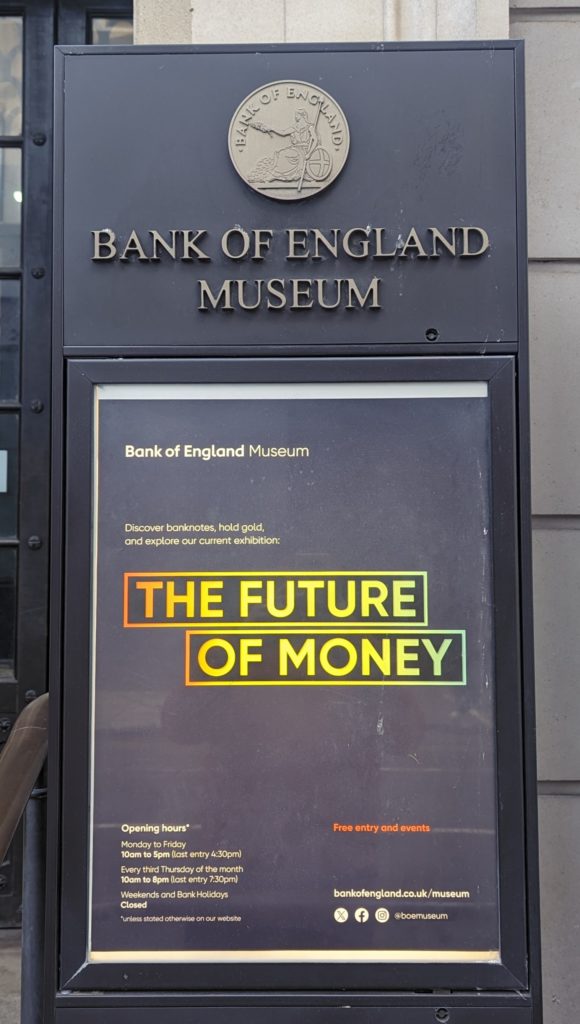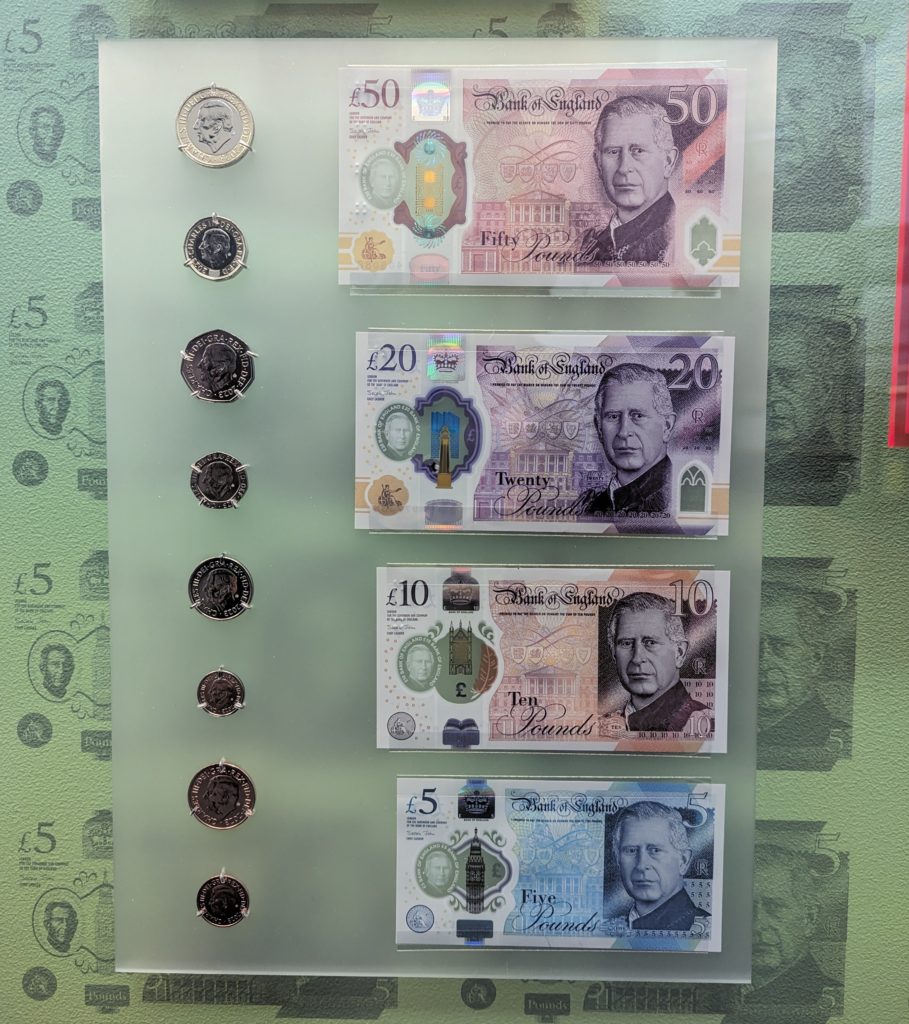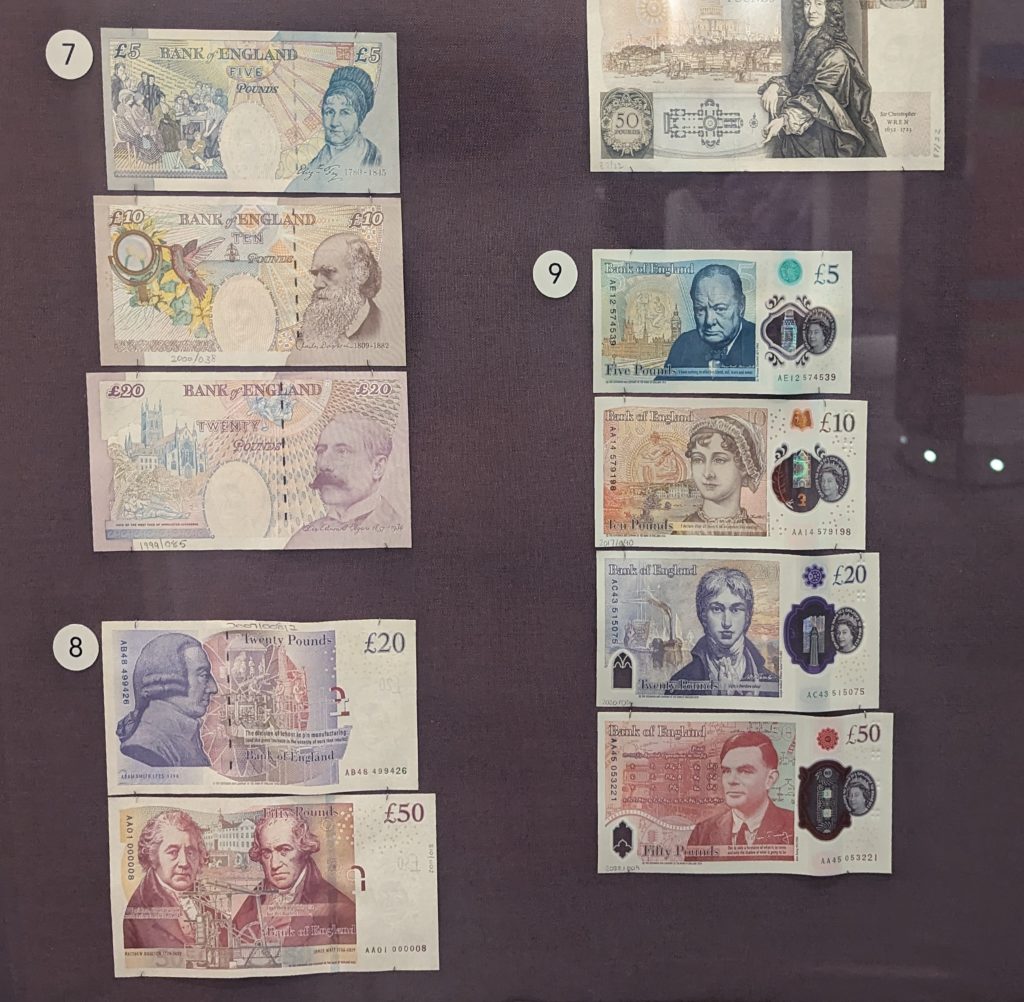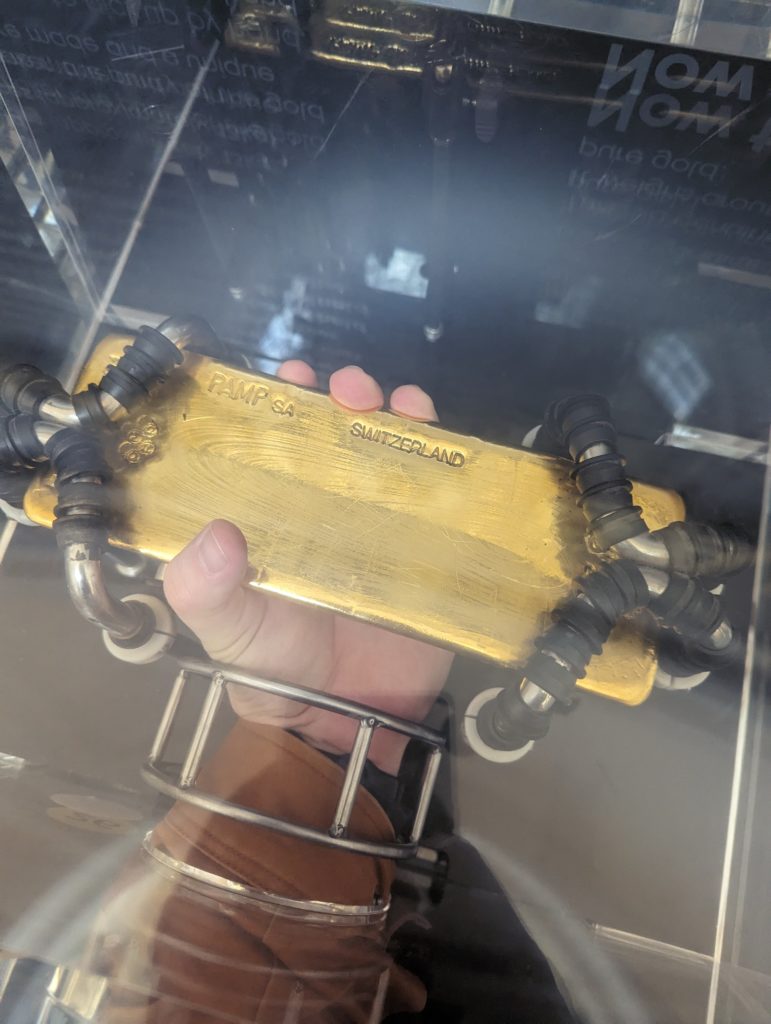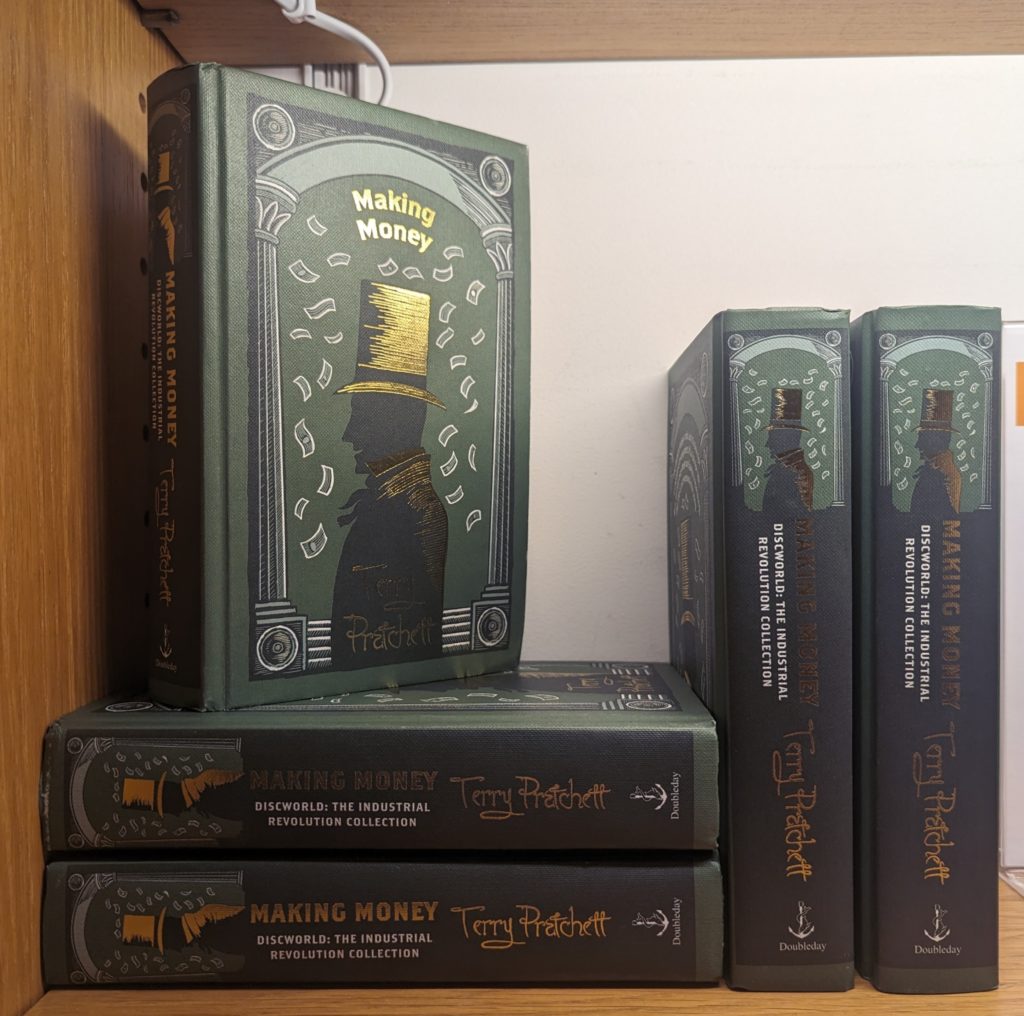At the time I stopped blogging in early 2016 I was preparing to run my first 10 km race, which I did in April of that year. I immediately signed up for another that September, and before long I was regularly running that distance or farther just on regular weekend runs and eventually even on my commute. I always expected that all of that moving would eventually result in some weight loss, but somehow my fork was always able to keep up the pace. But I was fitter than I’ve ever been before.
In late 2017 I set my sights higher (or farther) and planned to do a half marathon, but had a lot of bad luck with organised races being postponed or cancelled, and with my own life getting in the way. Eventually I ran a half marathon distance, 13.1 miles, by myself in April of 2018. I did that several more times that year.
I hadn’t told anyone else this at the time, because I wasn’t sure I was up to it and didn’t want people to know if I chose to drop out, but by the time I ran that half I had already signed up to take part in the Dublin Marathon in October 2018.
My Dad had taken part in one of the first Dublin Marathons in the early 80s, so I grew up with a photo in our front room of him crossing the finish line, a clock above him reading 3:45 or thereabouts. Even ignoring that he would have started farther back and not even crossed the start line until 10-15 minutes after the official race start, I never had the pace to approach a time like that. My 10 km best is a slower pace. But if you want to be a runner you need to embrace the fact that you’re only ever competing with yourself.
So October came around, as it always does. I had built up my training distances and peaked at 30 km in September. I hadn’t kept anywhere close to my training plan, frankly. I didn’t feel ready. I even messed up my planning for the morning of the race and ended up running the whole thing having had just a banana for breakfast. I didn’t know if I’d ever run another marathon, so I decided to let myself at least enjoy the part that it’s possible to enjoy, so I ran the first half far too fast. Then I hobble-ran the second half with much less gusto. Five hours later I crossed the finish line, collected my medal, temporarily lost the ability to regulate my body temperature, and swore I’d never do it again.
One week later I signed up for the 2019 Dublin Marathon.
My training was no better this time around, but my race was. I stayed overnight in Dublin instead of at my parents’ so I didn’t have the early travel in to the city. I paced myself much better so I spent about half the time on each half of the race instead of the previous year’s 40:60 split. My time was almost exactly the same, but I felt I’d done a lot better, and I was happier afterwards than I had been the first time.
As I had done after the 2018 race, I reduced my running a lot for the next few months. It’s hard to stay motivated to run in London in November to January, and having completed a marathon feels like a good excuse to take the foot off the gas. I had some travel in February of 2020 but was ready to really pick things up again in earnest in March. You see where this is going.
Actually I did a pretty good job of working running into the new routine of working from home, with the occasional interruption from last-minute changes to school and childcare arrangements. I didn’t cover as much distance in 2020 as in previous years, but I didn’t have any huge gaps where I didn’t run at all.
During these days of lockdown where we can’t go far from home it’s such a relief to be able to run beyond the 2-3 km radius of home that I’m otherwise limited to. If you can run 15-20 km there’s a lot of places to explore in London. I was regularly visiting Hyde Park, which for me is a 10 km round trip just to reach its closest corner, plus whatever distance I cover inside.
Unfortunately I started to suffer some back pain at the end of the year, so I was forced to ease up a lot. A few times I pushed myself too hard and ended up needing a week to recover, then I’d get a couple of runs in over a few days before I did it again and needed more time off. The pattern was frustrating. Eventually I identified the culprit as my hamstrings, particularly the left.
I’ve been working on hamstring mobility for a few weeks now, and it seems to have improved a lot. I’m very carefully ramping up distance and speed again, trying not to undo the good work. Today I ran 4 km. I plan to do the same tomorrow. All going well I’ll go up to 5 by the end of the week. Once I get past about 5 km that’s when I start to be able to visit places that I can’t reasonably walk to without it taking up a big chunk of my day. I really want to be able to go back to Hyde Park when the weather is better.
